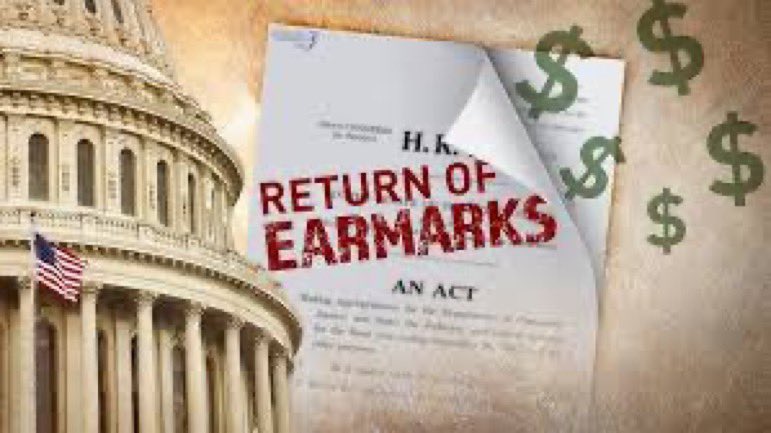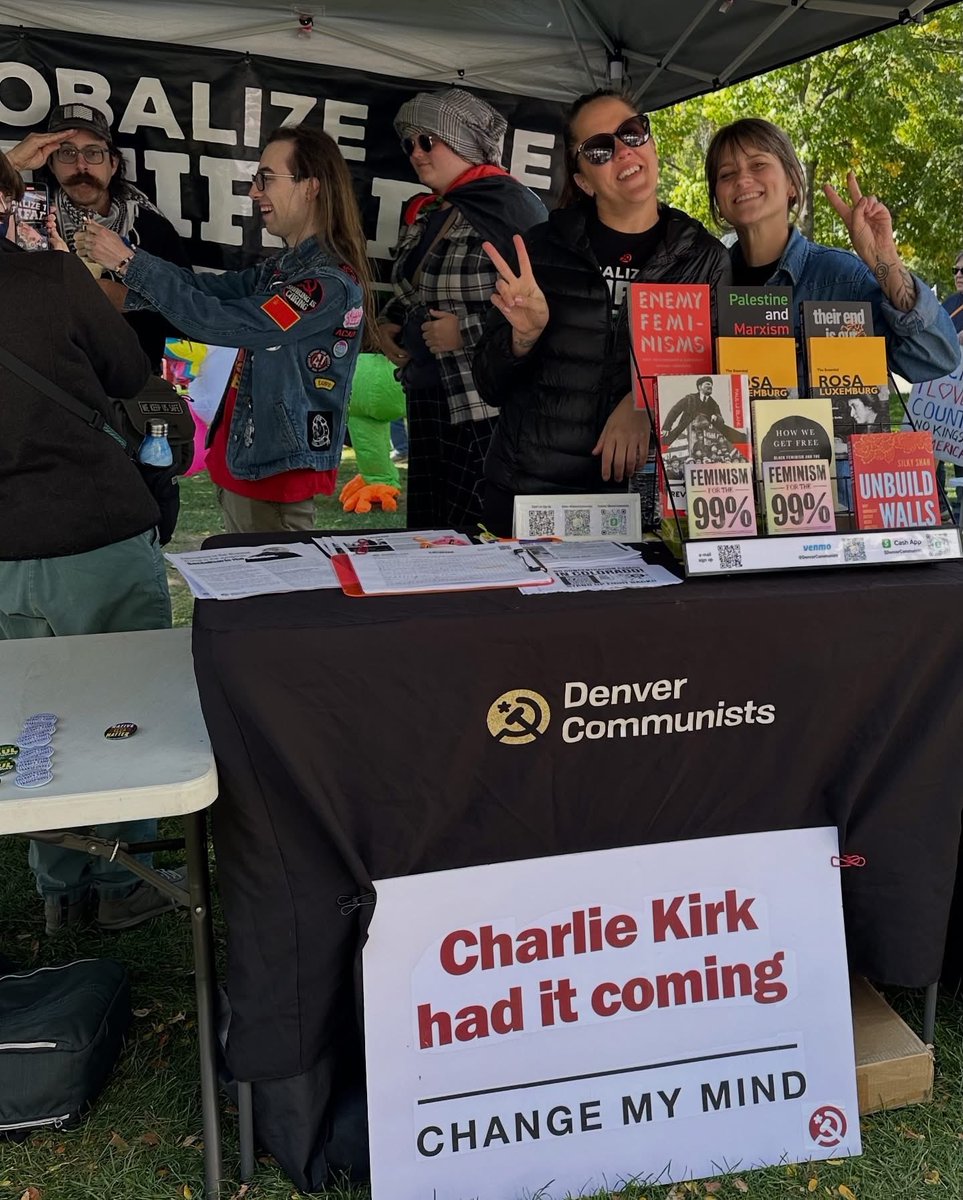🧵🚨 1. Of all the deceptive sales techniques the U.S. government has used on the American people, one of them—the Social Security Act—gets far too little attention. Buckle up because this is a wild ride. 

2. In 1935, the American people were sold a bill of goods. They were told, “Pay into this system, and it'll be YOUR money for retirement.” Sounds great, right? 

3. But here's where it gets juicy, in a really ugly way. Two years later, when the Supreme Court was considering the constitutionality of the Social Security Act, the government did a complete 180. 

4. The government—through Assistant Attorney General Robert Jackson—argued in essence, “Oh no, this isn’t YOUR money at all. This is a TAX, and we can do whatever we want with it.” Classic bait and switch. 

5. Let’s not forget the ruling in Helvering v. Davis, where the Supreme Court upheld the Social Security Act by embracing the government’s argument / admission that what people pay into Social Security is tax revenue—available to be used as Congress may direct—and not at all money belonging to those who paid it.

6. So, to summarize: the proponents of the Social Security Act told American workers that what they paid into the system would remain *their* money, not the government’s—to get Congress to pass it—and then told the courts the exact opposite when defending the Act’s constitutionality. The Supreme Court accepted the government’s argument, to the great detriment of the American people.



7. Now, let’s talk about what happens to “your money” once it’s in the government's hands. Spoiler alert: it’s not managed like your IRA or 401(k).
8. First of all, this money doesn’t sit in a nice, individual account with your name on it. No, it goes into a huge account called the “Social Security Trust Fund.”
9. But here’s the kicker—the government routinely raids this fund. Yes, you heard that right. They take “your money” and use it for whatever the current Congress deems “necessary.”
10. Every few years, there’s talk in Congress about “saving Social Security.” I’ve introduced and cosponsored a number of measures over the years that would fix it. But most in Congress show little desire to fix it, and are instead constantly looking for ways to “borrow” from it—with no plan to put it back.
11. And the returns? Forget about compound interest or stock market gains. Your “investment” in Social Security can give you a return lower than inflation.
12. If you had put the same amount into literally ANYTHING else—a mutual fund, real estate, even a savings account—you’d be better off by the time you reached retirement age, even if the government kept some of it!
13. Do the math: with Social Security, you’re looking at a return that's pathetic compared to market averages. It’s not even an investment; it's a tax.
14. And let’s talk about how this system is set up to fail. The demographic shift? More retirees, fewer workers. It’s almost fair to compare it to a Ponzi scheme that’s running out of new investors.
15. Every dollar you pay into Social Security, only to see it gobbled up by the government itself, is a dollar you can’t invest in your own future. It’s government dependency at its worst.
16. Remember, this isn’t just about retirement. It’s about independence, about controlling your own destiny. With Social Security, you control nothing.
17. The government promises you security but gives you dependency. It promises ownership but gives you a tax receipt.
18. And don’t get me started on the management. The Social Security Administration is a bureaucratic behemoth, not exactly known for its efficiency or innovation.
19. If you think your money is safe there, you’re in for a rude awakening. The mismanagement, the waste, the deception—it’s all on display.
20. So, what’s the solution? We need real, genuine reform. Within the Social Security system, Americans should be able to invest in their own future, and not be shackled by the worst parts of this outdated, mismanaged system.
21. It’s time we acknowledge the truth: Social Security as it now exists isn’t a retirement plan; it’s a tax plan with retirement benefits as an afterthought.
22. We were sold a dream, but received a nightmare. It’s time for a wake-up call. We need real reform.
23. It’s time for Americans to know the true history of the Social Security Act. The more people learn the truth, the more they’ll start demanding answers, options, and real reform from Congress. Please help spread the word.
24. The history of the Social Security Act—which sadly must include the deceptive manner in which it was sold to the American people—is yet another reason why America’s century-long era of progressive government must be brought to a close.
25. Please follow if you’d like to read more posts like this one.
• • •
Missing some Tweet in this thread? You can try to
force a refresh











